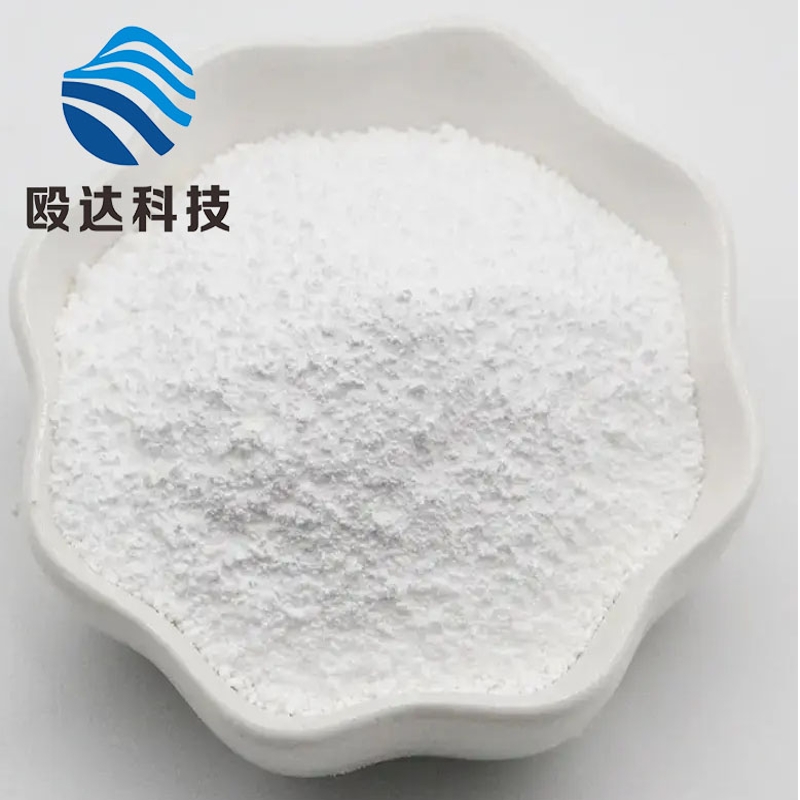-
Categories
-
Pharmaceutical Intermediates
-
Active Pharmaceutical Ingredients
-
Food Additives
- Industrial Coatings
- Agrochemicals
- Dyes and Pigments
- Surfactant
- Flavors and Fragrances
- Chemical Reagents
- Catalyst and Auxiliary
- Natural Products
- Inorganic Chemistry
-
Organic Chemistry
-
Biochemical Engineering
- Analytical Chemistry
- Cosmetic Ingredient
-
Pharmaceutical Intermediates
Promotion
ECHEMI Mall
Wholesale
Weekly Price
Exhibition
News
-
Trade Service
Atrial fibrillation is a common arrhythmia disease caused by abnormal electrical activity in the pulmonary veins.
Common risk factors include alcoholism, hyperthyroidism, mitral stenosis, hypertension, diabetes, and coronary artery disease
.
But at present, a rare risk factor is esophageal hiatal hernia.
A 81-year-old female patient presented to the emergency room for 1 day due to bloody stools and abdominal pain
.
Denies vomiting blood and other related symptoms
Physical examination revealed a heart rate of 98 beats/minute, a blood pressure of 100/70mmHg, a body temperature of 98 °F, and a breathing rate of 17 beats/minute; the body mass index was 25.
5kg/m2
.
Abdominal right lower abdomen (RLQ), left lower abdomen (LLQ), and suprapubic area are tender
Figure 1 The red arrow points to a hiatal hernia that compresses the heart
At this point, the doctor judged that the culprit of the patient's bloody stool and abdominal pain was colitis, and gave symptomatic treatments such as anti-infection, diuretic, and intestinal cleansing
.
The usual oral cinacalcet, levothyroxine, ferrous sulfate, alprazolam, and citalopram are still being taken
However, later in the day, the patient developed an asymptomatic atrial fibrillation with rapid ventricular rhythm.
He was given metoprolol 2.
5 mg intravenously, and then changed to 12.
5 mg orally bid for management
.
Laboratory tests showed a decrease in hemoglobin (Hb), and a red blood cell transfusion was performed the next day
Later the next night, the patient showed anxiety
.
He developed sinus tachycardia (HR: 120bpm) and took alprazolam
So far, after excluding other conditions that may induce atrial fibrillation, it is believed that the patient's paroxysmal atrial fibrillation was caused by a hiatal hernia
.
After that, the patient's condition remained stable and was allowed to be discharged, and she was advised to undergo an outpatient endoscopy
Atrial fibrillation and hiatal hernia are common clinical diseases, which are a kind of gastrocardiac syndrome
.
Hiatal hernia is often the cause of suspicious arrhythmia.
In a study conducted at the Mayo Clinic, data collected for more than 30 years, it was observed that hiatal hernia was associated with atrial fibrillation in young adults
.
A similar situation has been observed in our patients.
In the absence of traditional risk factors such as mitral valve stenosis, cardiomyopathy, coronary artery disease, recurrent atrial fibrillation occurred
.
From a therapeutic point of view, the possible causal relationship between hiatal hernia and atrial fibrillation is very important
.
Hiatal hernia is an easy-to-treat disease that can be corrected by surgery
.
Therefore, if the two establish a clear relationship, these patients will be able to receive symptomatic treatment, thereby achieving a better prognosis
.
From a pathophysiological point of view, hiatal hernia may be the cause of arrhythmia
.
In patients with hiatal hernia who also suffers from atrial fibrillation, if the hiatal hernia is surgically corrected, the frequency of atrial fibrillation attacks will be reduced, which further confirms the connection between the two
.
However, although the existing literature does support gastro-heart syndrome, we still need to conduct more scientific research on this clinical entity to further confirm the relationship between hiatal hernia and arrhythmia
.
This will help these patients develop a timely surgical intervention plan to prevent them from other adverse events caused by the occurrence and development of arrhythmia
.
references:
[1]Malik A, Best K, Singh S, Jaggon KS, Michael M.
Hiatal Hernia: A Possible Trigger for Atrial Fibrillation.
Cureus.
2021;13(10):e18857.
Published 2021 Oct 18.
doi:10.
7759/cureus.
18857







